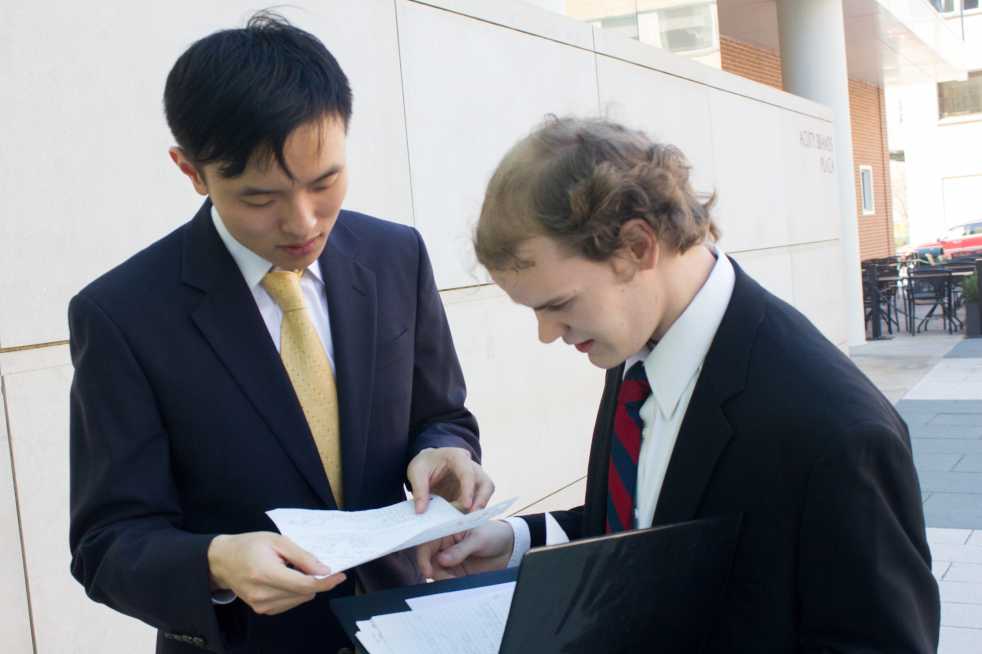Getting a good job requires job experience and getting job experience requires getting a good job. As one of the biggest dilemmas facing students today, gaining business expertise is more important now than ever.
One of the immediate benefits of working while in school is that it helps pay for college expenses.
“[Work experience] gives you the chance to get a job to help pay for your tuition. When you enter the workforce you come onboard with some work experience already,” said Peter Sahlstrom, a third year MBA student.
After graduation, many companies expect job experience from the employees they hire.
“It shows that you can successfully work with others,” said Kathleen Rooney, a first-year BMED major.
Without some sort of co-op, internship or other work experience, entering a job market where job experience is expected of many graduates can become quite daunting.
“[Work experience] gives students a competitive edge because they’re going into a market where it’s expected of everybody. Work experience really helps you get a full time offer when you graduate,” said Poonam Mahtani, a second year BSBA major.
Work experience can also give students a leg up on other potential employees.
“It’s an important differentiator between you and other candidates,” said Pat Clark, a fourth year BSBA major. “Not everyone has the opportunity to get work experience and so anything you can do to get an advantage is good.”
Work experience is crucial for building “soft skills” that can complement a recent graduate’s technical skills.
“Every single job requires interaction with other people so if you get good experience with that in college, you’ll be good once you graduate,” Mahtani said.
“[Work experience] requires interaction, teamwork and being able to work together on projects,” said Lily Nguyen, a second-year ME student.
Employees in the work force not only have to work with people from different backgrounds, but different age groups as well.
“When you’re in school, everybody around you is about the same peer level so you kind of implicitly understand what each one of you trying to say or do. Once you start working, you have to learn to communicate with different age groups more effectively,” said Nirmalya Choudhury, a second year MBA student.
Having work experience also gives students a chance to show their value to an employer.
“It’s good way to show you can be a worker, you can be an employee, you can meet deadlines, and follow through. Having work experience, even if it’s in an unrelated field, tells something to someone looking to hire you,” Clark said.
For many students, taking part in a co-op or internship helped them decide what career paths they may want to follow.
“Work experience definitely tells you what you do and don’t want to do…it gave me insight into the direction I want to take,” said Sophia Bromfield, a second-year EMBA student.
“One of the main advantages of getting work experience is finding out what fits you. If you go into something and you really like it, then you can tailor your studies around it whereas if you have an internship that you don’t enjoy then you can find something else to focus on in school,” said Jessica Thomas, a third year BSBA major.
One student, Jessica Daigle, found that work experience helped her find what career path she wanted to pursue.
“I came into Tech as a CHE major. I had no idea what chemical engineers do in real life. I got a co-op and realized that process engineering is actually really boring. It made my decision to go to grad school after graduating. Had I waited until I graduated to see that, I would have been stuck in a job that I might not have wanted.”
